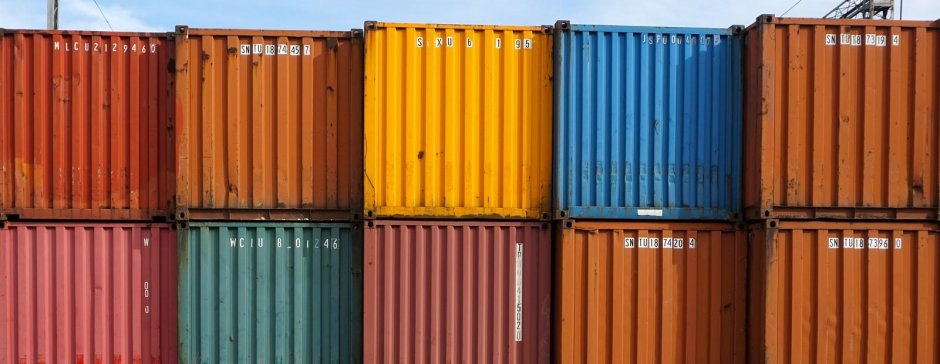EU and Vietnam finalize Free Trade Agreement and Investment Protection Agreement

On Sunday, June 30, 2019, the EU and Vietnam signed the Free Trade Agreement (FTA) and the Investment Protection Agreement (IPA) in Hanoi. The EU has described the FTA as the “most ambitious” free trade deal ever concluded by the EU with a developing country.
Elimination of customs duties
The EU and Vietnam will cut 99% of all tariffs on goods from both sides. Upon entry into force, 65% of the customs duties on EU exports to Vietnam will be eliminated, with the remaining duties being phased out over a 10-year period.
The agreement will remove tariffs on a wide range of key EU export products, for example:
- textile fabric (up to 12% to 0% upon entry into force)
- machinery and appliances (up to 35% to 0% in five years)
- pharmaceuticals (up to 8% to 0% in seven years)
- cars (up to 32% to 0% in seven years)
- dairy (up to 20% to 0% in seven years)
- wine (up to 50% to 0% in seven years)
Of the EU duties on imports from Vietnam, 71% will be eliminated upon entry, with up to 99% being phased out over seven years. Duties that will be eliminated on Vietnamese import products include non-processed shrimps (0% as of entry into force), catfish (0% in three years) and textile (0% in seven years, with an exception for less sensitive goods, such as sport footwear, which will be liberalized in three years).
With regard to the Vietnamese import of sensitive agricultural products, the EU will not completely open its market. Quotas will limit the quantities that can enter the EU duty-free. This includes products such as rice, garlic, mushrooms, eggs and sugar, as well as products with a high sugar content.
Reducing non-tariff barriers
The EU and Vietnam have committed to reduce non-tariff barriers. In particular, Vietnam has committed to facilitate trade by increasing the use of international standards when drafting its regulations. Furthermore, Vietnam will recognize the EU as a single entity for the purpose of authorizing the EU’s animal and plant export.
The agreement also contains a specific annex with provisions for addressing non-tariff barriers in the automotive sector. This annex includes the recognition of the EU certificate of conformity (COC) five years after the agreement enters into force. To account for increasing EU market integration, Vietnam has accepted "Made in EU" as a marking for the origin of non-agricultural goods (with the exception of pharmaceuticals, which are subject to national approvals in the EU).
Vietnam’s provisions on import and export licensing, customs procedures, trade in plant and animal products, will also facilitate the access of EU goods to the Vietnamese market.
What’s next?
The signed agreements will now be presented to the European Parliament for approval and to the National Assembly in Vietnam for ratification, and, in the case of the IPA, to the respective national parliaments of the EU Member States. Once the European Parliament has approved the agreements, the Council can declare the trade agreement concluded and it can enter into force. The IPA with Vietnam will have to be ratified by the EU Member States according to their internal procedures.
Questions?
We have specialists dedicated to international Trade & Customs in both the EU and Vietnam, ensuring that we are well placed to help understand local and global operating requirements and answer any questions you may have in this respect.